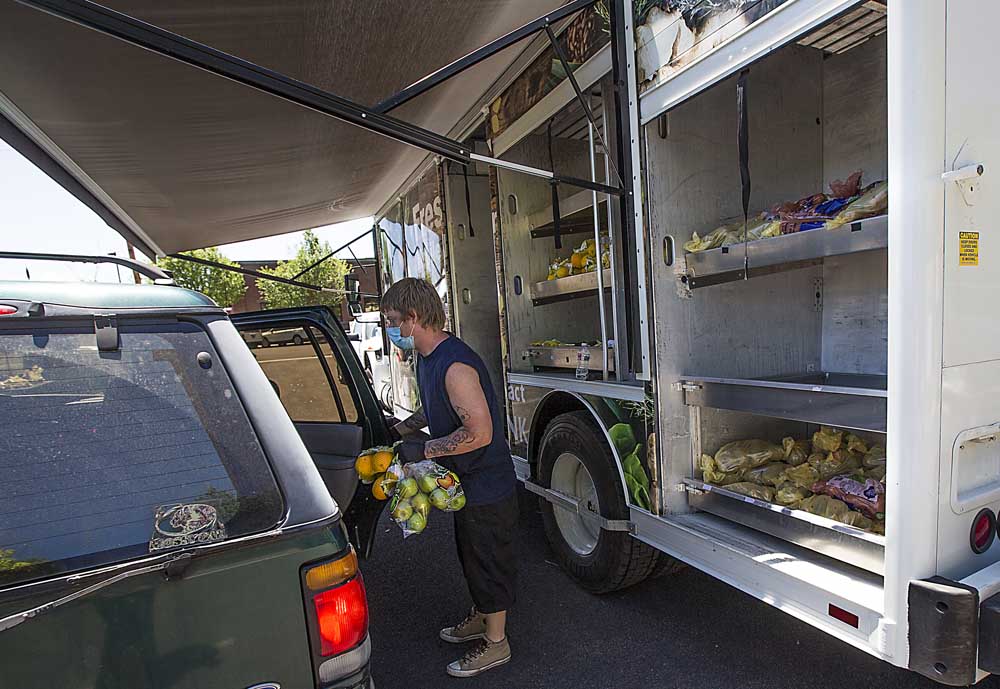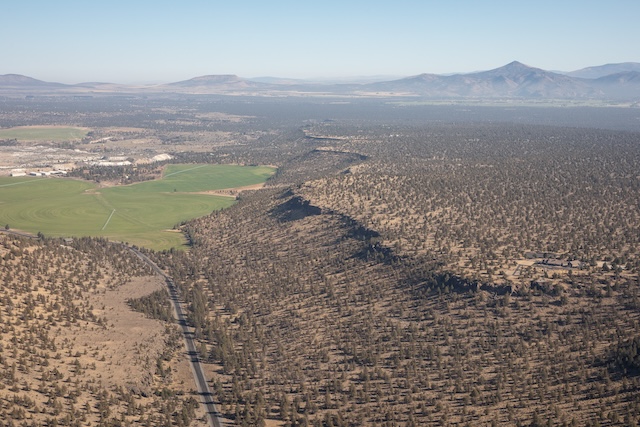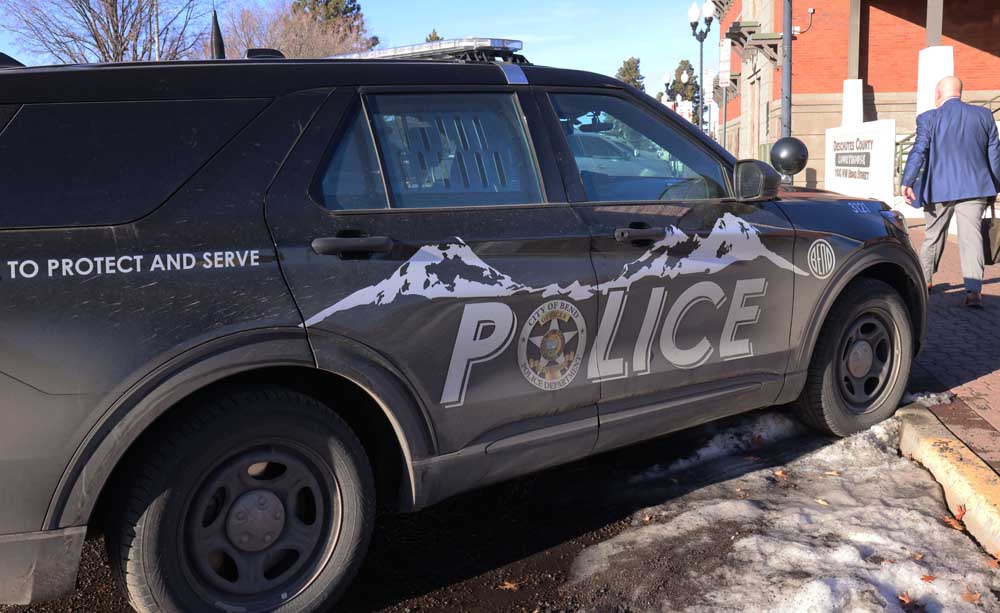Marcola-area residents want end to spraying
Published 5:00 am Thursday, September 25, 2008
MARCOLA — When the sound of helicopter blades passes over the forestland near her rural home, retired Springfield schoolteacher Karen Asai gets nervous.
She and about a dozen other Marcola-area residents met Tuesday to protest the spraying of pesticides by timber companies Weyerhaeuser and Seneca in the private forests near their neighborhoods.
Weyerhaeuser confirmed that 30 acres near Marcola were sprayed with herbicides Tuesday morning, but said they were applied according to state and federal laws. A ground application is planned for later this fall.
Residents say they’ve long been concerned about the potential for pesticides to drift through the streams onto nearby schools and vegetable gardens. But this is the first time they have joined to fight it.
“Right now, I make her baby formula from the well,” Asai said of her granddaughter, Gabrielle, who spends two days a week at her home. “I don’t want to think that I’m giving her a chemical cocktail.”
More than 100 citizens have signed a petition calling on Weyerhaeuser to end the use of pesticides, said Lisa Arkin, the director of Oregon Toxics Alliance.
While spraying has gone on for decades, Arkin said some neighbors are tired of fretting about possible side effects.
“In the past, people just assumed, ‘That’s the way timber companies do business,’” she said. “But that’s what they said about cigarettes.”
Arkin said chemical pesticides and herbicides are falling too close to rural schools, including Marcola, Twin Oaks and Lorane elementary schools.
Twin Oaks is in the Eugene School District and Lorane is in the Crow-Applegate-Lorane district. The law requires that aerial pesticides come no closer than 60 feet of a riparian zone, but no such buffer law exists for schools, Arkin said.
The alliance hopes to draft legislation for the 2009 Legislature to create a pesticide-free zone around schools, she said.
Weyerhaeuser filed an intent to spray form on July 30, and said herbicides glyphosate, imazapyr and aminopyralid would be used to kill vegetation to allow newly planted trees to grow.
State law requires private landowners to notify the state Department of Forestry when they plan to use herbicides, and the state makes that information available to anyone who asks.
Weyerhaeuser does more than required of it to notify adjacent land owners by phone or in person, company spokesman Greg Miller said.
“These are highly emotional questions, which is why I believe we go the extra mile,” Miller said. “All I can tell you is we have safeguards in place because we have looked at the issue of drift.”






